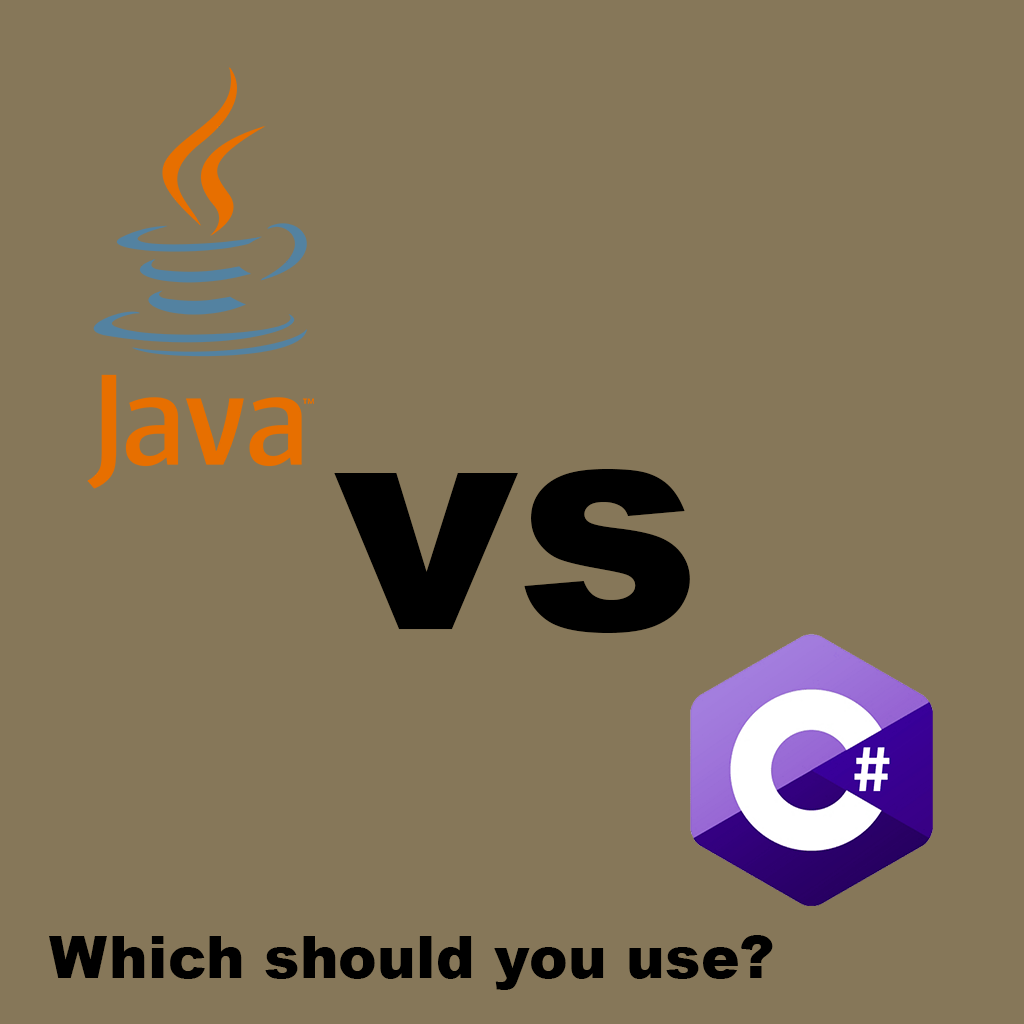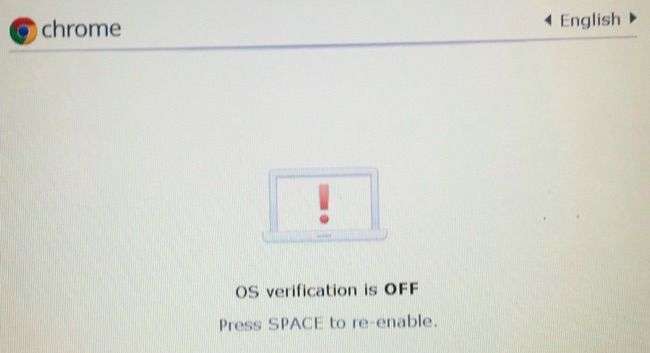Java vs C#: Similar Syntax, Vastly Different Outcomes
Java and C# are two languages that are often compared. Java, a language originally released by Sun Microsystems in 1996, which continues to be maintained by Oracle to this date, and C#, a language created by Microsoft as an alternative to Java for Windows app and Server development, are often compared as if they were for the same purpose; however, they are not. They both serve vastly different use cases. This article will discuss the pros and cons of Java vs C# (C Sharp).
Java vs C#: The Pros and the Cons
Both Java and C # have many pros and cons. I figure the best way to determine whether Java or C# is right for you is to go through the pros and cons, and you may find something that relates to your use case here.
The Pros and Cons of Java
Pro: Compatibility
When Java was first created, compatibility was the main thing in mind. Java applications can run on almost any operating system or architecture. All you need is a JRE, and you’re ready. With that, however, comes the issue.
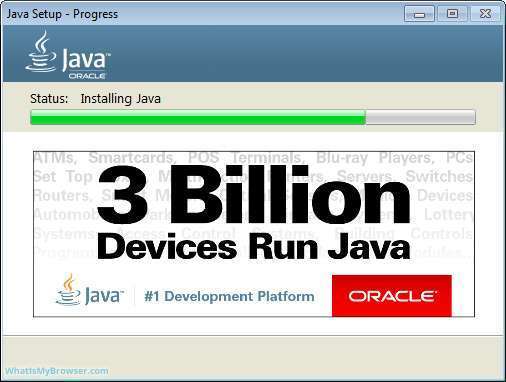
You can’t run Java applications if the user doesn’t have a JRE installed, and someone might be less likely to run your application if they have to install something else beforehand. However, there is a solution to that. You can package a JRE with the application, and while it might make the file size bigger, the program can run with minimal effort from the user.
Con: Performance
Many people like to point out that Java is a slow language. However, more modern versions of Java are actually able to run Java programs a lot faster, and Oracle has done a lot of work on improving Java applications’ performance. From advanced garbage collectors like Shenandoah to JIT (Just in Time) processing, Java is probably the fastest interpreted language available (Java is both compiled and interpreted, but it’s hard to get into the technical details of how this works).
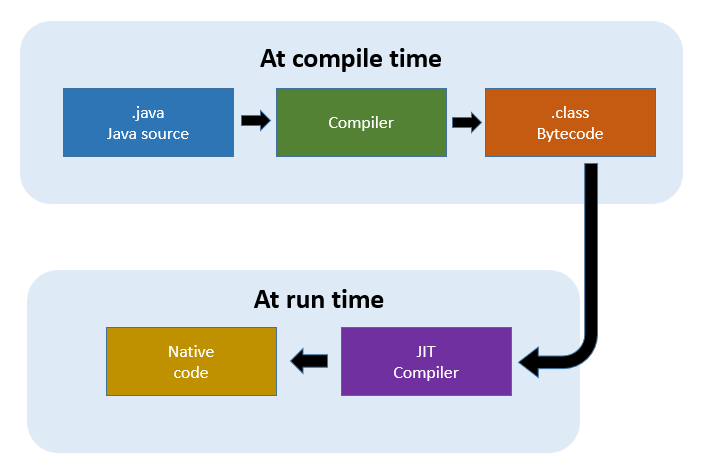
However, that still doesn’t live up to the native support on Windows machines with C#. Native binaries will always be faster than Java, no matter how you stretch it. However, Java is nowhere near as slow as other interpreted languages like Python.
Pro: Ease-of-Use
Java is undoubtedly one of the easiest programming languages to use. There are still some languages like Python, which are like baby toys, but Java is easier for real programming languages that could make professional apps.
Con: Funky UI
One of the main problems with Java is that no matter what Operating System you are on, it will always look like a crappy port. Because Java is designed to be compatible with just about any OS, Java has to handle much of the User Interface stuff manually instead of leaving it up to the OS’s graphics compositor, which is what most other languages would do. There are definitely far more pretty implementations of universal user interfaces that work on every operating system, like wxWidgets, but with Java, you have to live with ugly UI.
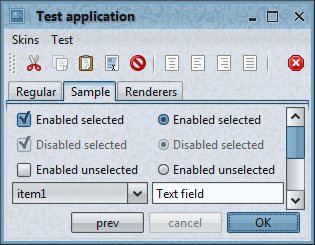
The Pros and Cons of C#
When I discuss the pros and cons of C#, I also refer to Microsoft’s C# library, .NET. So assume that when I say this stuff, I am speaking about .NET’s library, not Mono.
Con: Compatibility
While this certainly has improved over the years, C# is a language created by Microsoft. Because Microsoft created it, Windows will always get the best support. While .NET exists on Linux and Mac, it isn’t the same as on Windows. Most people who develop for C# don’t release their applications for Linux and Mac, so expect your favorite .NET apps to require mono to run if you use a Mac or Linux machine.
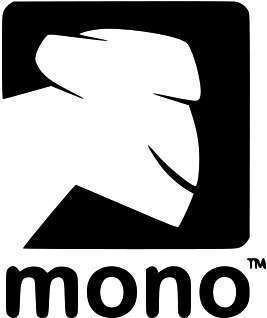
Pro: Usability as a Server Backend
While servers that use Java as a server-side scripting language, like Apache Tomcat, certainly exist, they are not as widespread as Internet Information Services (IIS). Microsoft’s Internet Information Services uses C# as a server-side scripting language, and C# is almost as widely used as PHP as a server-side scripting language.

Pro: Runs Natively on Windows
Most modern Windows machines have the .NET library installed on them by default, and anything written in .NET will run natively on Windows machines. This means it will also be faster than Java if you’re on Windows.
However, Linux and Mac users will have to install Mono or .NET if they want to run your app, and they can only run it natively if you produce binaries for Linux and Mac. If you want an application that runs on many different Operating Systems, I suggest you consider using Java or C++ if you want native binaries.
Java vs C#: The Summary
In summary, both languages are great, but they are only similar in syntax. They have vastly different use cases. If you want compatibility with any Operating System and architecture, I suggest using Java. You can run C# natively on Windows machines, but things will get difficult if you want to make your app for Linux or Mac. If you want to use it as a server-side scripting language, I’d recommend you go with C#. At the end of the day, it’s up to you and your application’s user base.
